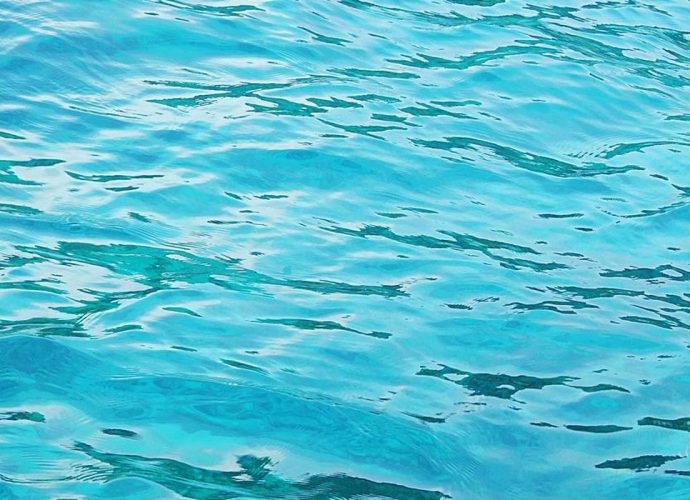Do Seagulls Remember Faces?
Seagulls usually mate for life, although sadly if the pair cannot produce healthy chicks they may divorce. Divorcees can be seen as less attractive to first time daters, often being left single and alone for a few nesting seasons. Where do seagulls go at night? Usually, they’ll sleep in theRead More →





